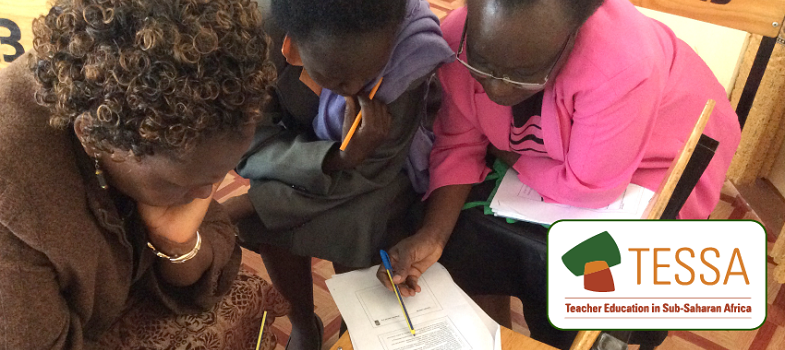Resource 5: Intercultural communities
![]() Background information / subject knowledge for teacher
Background information / subject knowledge for teacher
As you help your pupils define their communities, be it their family, village or school, it is very important that they also learn to respect people’s different opinions and beliefs.
Remind pupils that they are all individuals from different homes and families. For example, they might not all speak the same home language or mother tongue. Their parents may have different occupations: some may be labourers; others farmers; a few may be traders, nurses etc.
But also highlight the fact that they are all members of the same community, with a common interest. Because of this, they should respect the views of other people in that community.
The first stage of respecting other people is to listen to their views and recognise their value. When pupils learn about different people’s backgrounds and beliefs, they will be able to respect each other more. They will not be fearful of cultural differences. They will also have a greater understanding of who they are.
Cultural differences can sometimes be a cause for conflict within a community. It is important for pupils to understand the reasons for conflict, such as arguments over property and land, behaviour, money and relationships. An important part of life skills education is finding ways to try and avoid conflict at school and in the community.
Resource 4: Role play on community relationships



